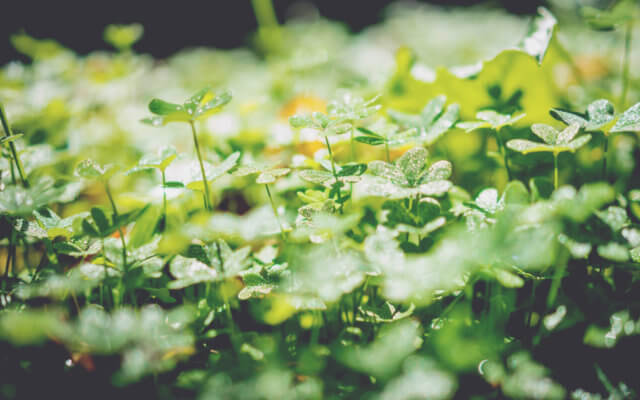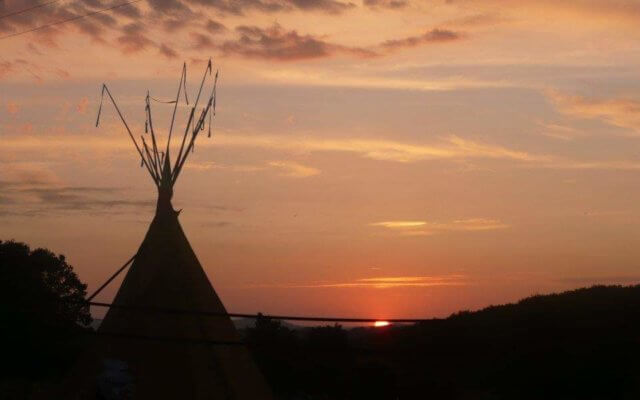ERASMUS+, Key Action 1: training course
Venue: Woodstown, County Waterford, Ireland
Dates: 2—8 April 2023
National team: 3 participants
Please read the info-pack.
Hosting organisation: Waterford and South Tipperary Community Youth Service Ltd
Project report:
The training course “Pathways to nature” took place in fourth biggest city Waterford in Ireland. Within those 5 days, we were intensively educating ourselves about the methodologies for youth workers in the field of connecting nature and people.
We had three trainers: Irish forestry teachers Tom and Sinead and Spanish actress Elena. And of course – the best organizer – Declan. All of them were perfectly calm, kind, helpful and helped the project to become the best one we all ever had.
Each day we were step by step educated about feelings, emotions, beauty and compassion. This all was held in nature, which is connecting those things alltogether. We visited Comeragh mountains, Mahon waterfalls, typical Irish pub concert, seashore cliffs, even more cliffs, botanical gardens, castles, and we were having a night walk with the candles, playing labyrinth theatre, planting trees or having presentations about our work with youth and the nature.
We were accommodated in a lovely house on the beach, but we were barely there, as we were always outside exploring the beauty of Ireland. Food was provided from organizers and it was usually in beautiful, typical, irish restaurants where we were able to experience their national dishes.
On the behalf of the czech team, I would like to thank Declan for making such a best project, EYCB for great possibility for us, and, without a doubt to our team and all participants for making the most lovely enviroment for learning.
Jan


